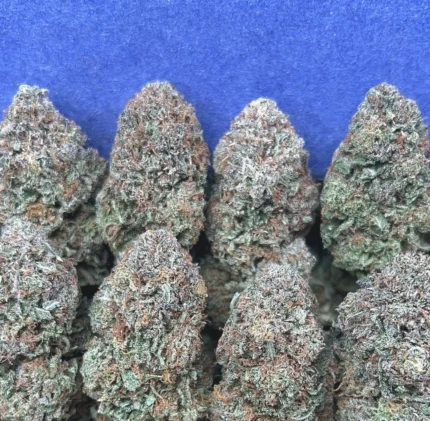In today’s interconnected world, the global exchange of knowledge has reshaped many industries, including healthcare. The United Arab Emirates, particularly Abu Dhabi, has emerged as a hub for cultural diversity and international collaboration. One significant facet of this development is the influx of Western-trained physicians who bring their expertise, skills, and cultural awareness to Abu Dhabi’s healthcare landscape. This blog post explores the role of these physicians in bridging cultures and enhancing healthcare delivery in the region.
Cultural Sensitivity and Diversity
Abu Dhabi’s society is a melting pot of cultures, with residents hailing from various corners of the world. As Western-trained physicians integrate into the local healthcare ecosystem, their exposure to diverse patient populations allows them to cultivate cultural sensitivity and adaptability. This awareness becomes an invaluable asset as they navigate the nuances of providing medical care that respects patients’ beliefs, traditions, and backgrounds.
Understanding and respecting cultural norms are not only important for effective communication but also for building trust between physicians and patients. Western-trained physicians who embrace cultural diversity can establish stronger rapport and ultimately contribute to improved patient outcomes.
Advanced Medical Expertise
The presence of Western-trained physicians brings cutting-edge medical knowledge and advanced techniques to Abu Dhabi’s healthcare landscape. Many of these physicians have received training in some of the world’s most renowned medical institutions, which equips them with the latest insights and practices in their respective fields.
This expertise can lead to improved diagnosis and treatment outcomes for patients in Abu Dhabi. The integration of Western medical practices with local medical traditions creates a unique blend of healthcare services that caters to a wide range of patient needs.
Knowledge Sharing and Collaboration
The collaboration between Western-trained physicians and their locally educated counterparts fosters a dynamic exchange of medical knowledge and best practices. These collaborations can lead to cross-pollination of ideas and approaches that benefit both parties. Western-trained physicians, for instance, can gain insights into the effectiveness of traditional remedies and cultural preferences for treatment.
Likewise, local physicians can tap into the latest research and advancements in medicine, enhancing their own practices and contributing to the overall elevation of healthcare standards in Abu Dhabi.
Enhancing Healthcare Infrastructure
The influx of Western-trained physicians has catalyzed the expansion and development of healthcare infrastructure in Abu Dhabi. The demand for world-class medical services has prompted the establishment of state-of-the-art medical facilities, equipped with cutting-edge technology and advanced diagnostic tools.
These facilities not only attract patients seeking high-quality healthcare but also encourage medical tourism, which contributes to Abu Dhabi’s status as a global healthcare destination. The presence of Western-trained physicians has been instrumental in shaping the region’s reputation as a center of excellence in healthcare.
The role of Western-trained physicians in Abu Dhabi’s healthcare landscape goes beyond medical expertise. It encompasses cultural understanding, knowledge sharing, and infrastructure development. By bridging cultures and incorporating the best of both Western and local medical practices, these physicians are not just delivering healthcare but also contributing to the growth and enhancement of Abu Dhabi’s healthcare ecosystem. As this collaborative journey continues, the healthcare landscape of Abu Dhabi stands to benefit even further from the fusion of global knowledge and local traditions.








